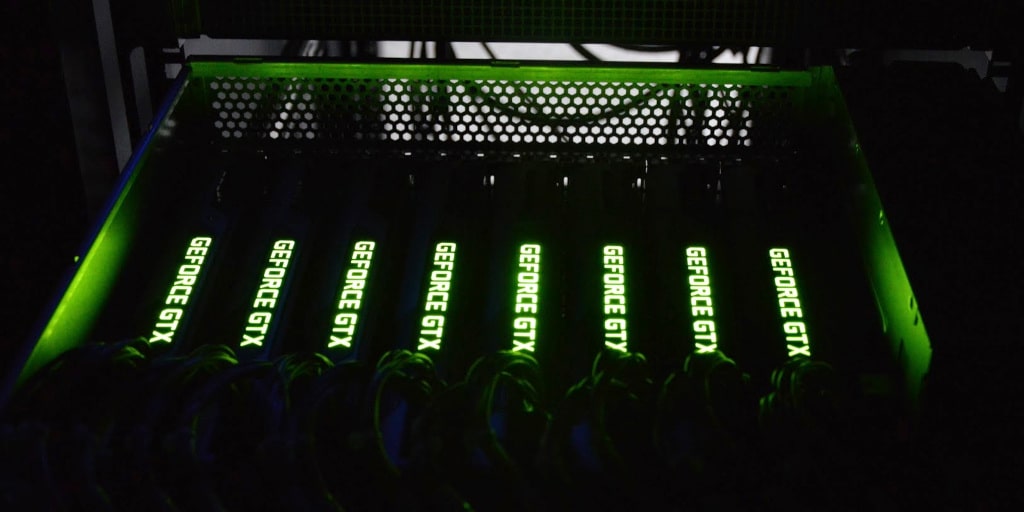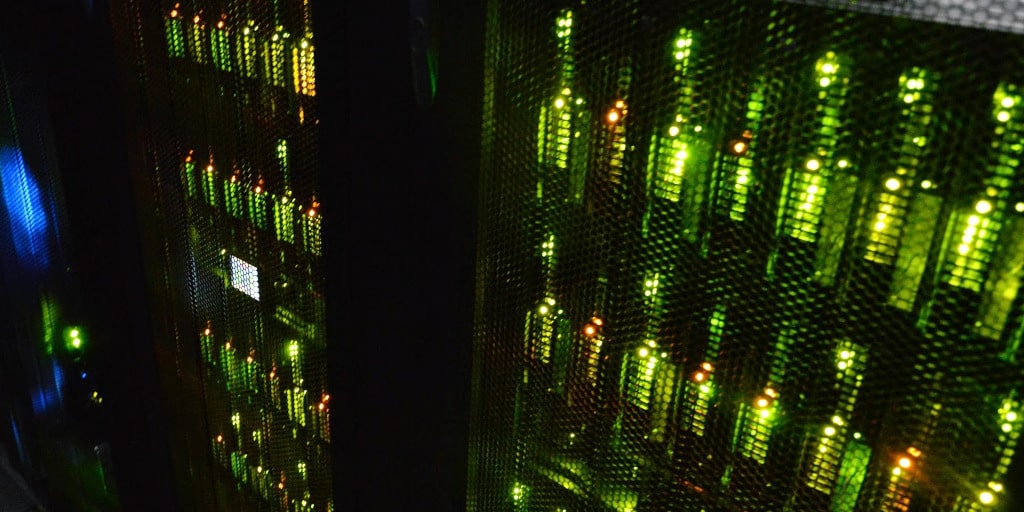The planned project involved the expansion of a multitask computing laboratory dedicated to the research and development (R&D) conducted by the project owner. The idea behind the laboratory was to create a highly efficient computer infrastructure, supported by specialized proprietary software developed during R&D. The essence of the project was the development of a noise reduction system based on artificial intelligence algorithms.
Noise, in this context, refers to random, abrupt changes in the colors of individual pixels that do not occur in reality or have no logical reason to appear in generated images. The undertaking involved creating machine learning-based algorithms that could select noise resulting from the rendering process using two sources of information: mathematical analysis of the rendering process and image analysis based on machine learning. As a result, the image would be modified (de-noised).
The quality of the noise reduction algorithms exceeded expectations, particularly in terms of speeding up the rendering process. The savings achieved were significantly higher than anticipated by both the project team and clients. The project required the purchase of HPC hardware, which was fortunately acquired abroad at prices up to twice as low as in Poland.

During the project’s implementation, it was decided that an identical noise reduction system should be developed for GPU technology. Within just two years of deployment, the project generated revenues one million PLN higher than initially projected.
With the integration of the innovative denoising algorithm, the Polish render farm became a pioneer in the industry, offering both CPU rendering and GPU rendering services in the cloud. The successful project has greatly contributed to the reputation and growth of the Polish rendering farm in the competitive market of cloud rendering services.

